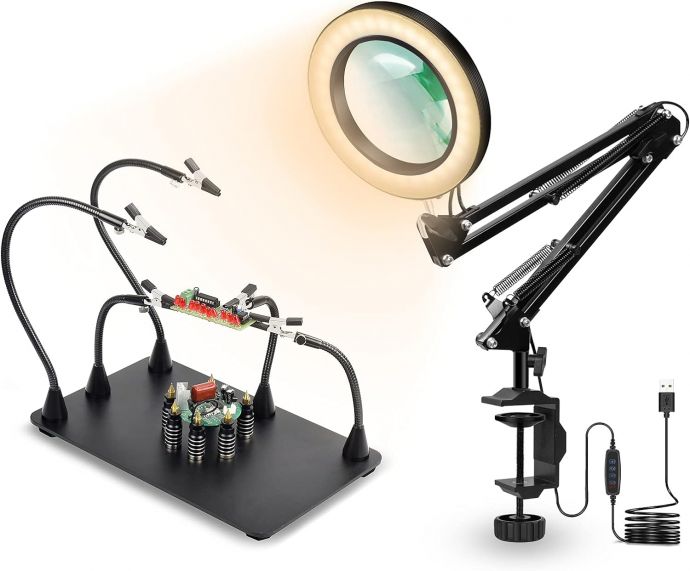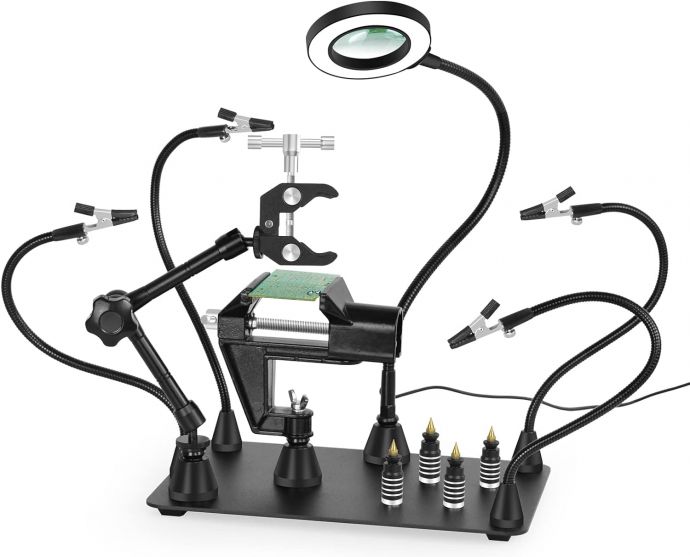In a world increasingly driven by technology and data, precision has become a critical component in various fields, from manufacturing and engineering to healthcare and digital marketing. Maximizing precision ensures not only the efficiency and effectiveness of processes but also enhances quality, customer satisfaction, and safety. This article explores several domains where precision is paramount, discusses strategies to maximize it, and underscores the benefits of achieving high precision levels.
**Understanding the Importance of Precision**

Precision refers to the accuracy and consistency of achieving a desired outcome. In manufacturing, precision can mean the difference between a product that functions seamlessly and one that fails or poses safety risks. In fields like healthcare, precision impacts diagnostic accuracy, treatment efficacy, and patient safety. As industries continue to evolve, the importance of precision has only grown, fueled by technological advancements and consumer demands for higher quality.
**Precision in Manufacturing**
Manufacturing processes rely heavily on precision to create products that meet specified standards. To maximize precision, manufacturers employ various strategies. One of the most effective methods is the integration of Computer Numerical Control (CNC) machines, which automate production with high levels of accuracy. These machines reduce human error and increase the precision of complex shapes and designs.

Another strategy is implementing statistical process control (SPC) techniques. SPC involves monitoring production processes to detect and correct deviations from the set standards in real time. This proactive approach ensures that defects are minimized and consistency is maintained throughout production.
**Enhancing Precision in Engineering**
In engineering, precision is crucial in ensuring the functionality and safety of structures and systems. Engineers use advanced software for design and simulation, allowing them to visualize and test their creations under various conditions before physical implementation. This helps in minimizing errors during the actual construction process.

Regular maintenance and calibration of tools and equipment also play a significant role in enhancing precision. Precision engineering often requires specialized instruments that must be periodically calibrated to maintain accuracy. Engineers are trained to follow strict procedures to ensure that every measurement and construction detail meets the required specifications.
**The Role of Precision in Healthcare**
In healthcare, maximizing precision can dramatically improve patient outcomes. Precision medicine, an emerging approach, focuses on tailoring treatments to individual patients based on genetic, environmental, and lifestyle factors. It requires accurate data collection and analysis to provide personalized care plans.

Advanced imaging technologies such as MRI and CT scans offer high-resolution images crucial for accurate diagnosis. The precision of these technologies allows healthcare professionals to detect diseases at their earliest stages, improving the chances of successful treatment.
Furthermore, robotic surgery systems have revolutionized surgical precision. These systems assist surgeons in performing complex procedures with minimal invasiveness and extreme accuracy, reducing recovery times and improving surgical outcomes.
**Precision in Digital Marketing**

Maximizing precision in digital marketing involves targeting the right audience with the right message at the right time. This precision is achieved through data analytics and the use of Artificial Intelligence (AI) to personalize marketing strategies.
Data segmentation allows marketers to identify specific groups within a larger audience, tailoring content to resonate with each segment. AI-powered tools analyze customer behaviors, enabling marketers to predict future trends and optimize campaigns for better engagement and conversion rates.
Moreover, A/B testing strategies enable marketers to refine their approaches by comparing different versions of a campaign to identify which yields better results. Through continuous testing and adaptation, marketers can achieve higher precision in their strategies, leading to more successful outcomes.

**Achieving Precision through Training and Development**
One of the underlying factors in maximizing precision across these industries is the focus on workforce training and development. Skilled workers are essential in operating advanced technologies and maintaining high standards of precision. Continuous professional development programs ensure that employees stay updated with the latest techniques and tools, fostering a culture of quality and precision.
Organizations can implement comprehensive training schedules that include both theoretical knowledge and practical applications. This combination builds a workforce capable of troubleshooting issues and maintaining precision even under challenging conditions.

**Benefits of Maximizing Precision**
The benefits of maximizing precision extend beyond improved product quality and operational efficiency. Achieving high levels of precision leads to cost savings by reducing waste and minimizing rework. It also enhances brand reputation and customer trust, as consumers associate precision with reliability and quality.
Additionally, precision contributes to innovation by facilitating the development of new products and solutions. It allows companies to push the boundaries of what is possible, exploring new materials and designs that were previously unattainable.
**Challenges and Future Directions**
While the pursuit of precision brings numerous advantages, it also presents challenges. The cost of implementing advanced technologies and the need for specialized training can be significant. However, the long-term benefits often outweigh these initial investments.
As industries continue to evolve, the demand for precision will likely increase. The integration of AI and machine learning will further enhance precision across various domains, leading to smarter manufacturing, more accurate medical diagnoses, and more effective marketing strategies.
In conclusion, maximizing precision is pivotal for success in today’s competitive landscape. By embracing technological advancements, fostering skilled workforces, and continuously refining processes, organizations can achieve unparalleled levels of precision, leading to improved outcomes and sustained growth.









